Lists







7 Books
Sci-fi
Sort by:
Recent Desc
More lists by Nicole Crozier

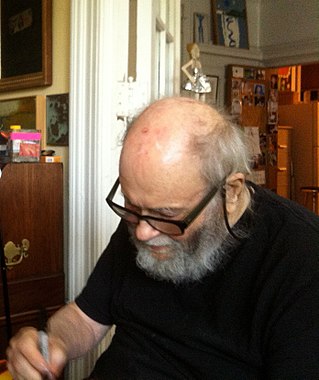

Non-fiction
List includes: What Is Art?, What Art Is, hurricane lizards and plastic squid
September 2022
0
@croziernicolebce945

Musicals
List includes: Fiddler on the Roof
March 2022
0
@croziernicolebce945

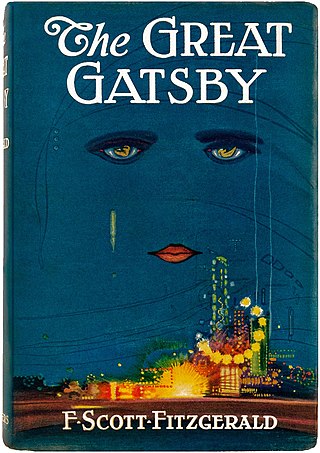
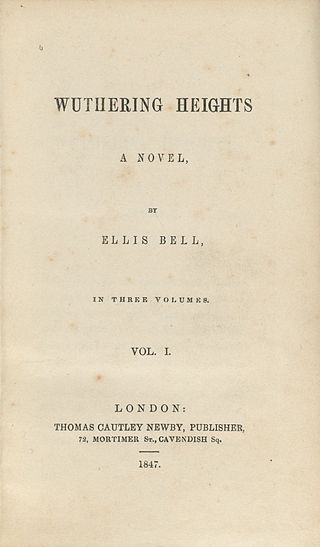
Classic novels
List includes: Frankenstein, The Great Gatsby, Wuthering Heights
March 2022
0
@croziernicolebce945



Re-read?
List includes: The Picture of Dorian Gray, The Stranger, Brave New World
March 2022
0
@croziernicolebce945



Fiction
List includes: The Perks of Being a Wallflower, Cloud Atlas, The Book Thief
March 2022
0
@croziernicolebce945

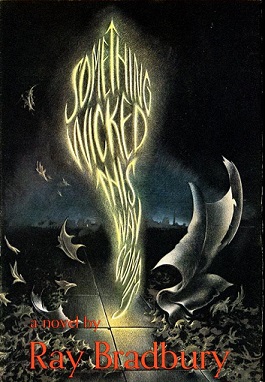
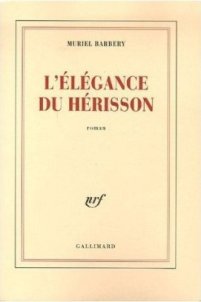
Fantasy / YA novels
List includes: Momo, Something Wicked This Way Comes, The Elegance of the Hedgehog
March 2022
0
@croziernicolebce945

Memoirs (novels)
List includes: Running with Scissors
March 2022
0
@croziernicolebce945